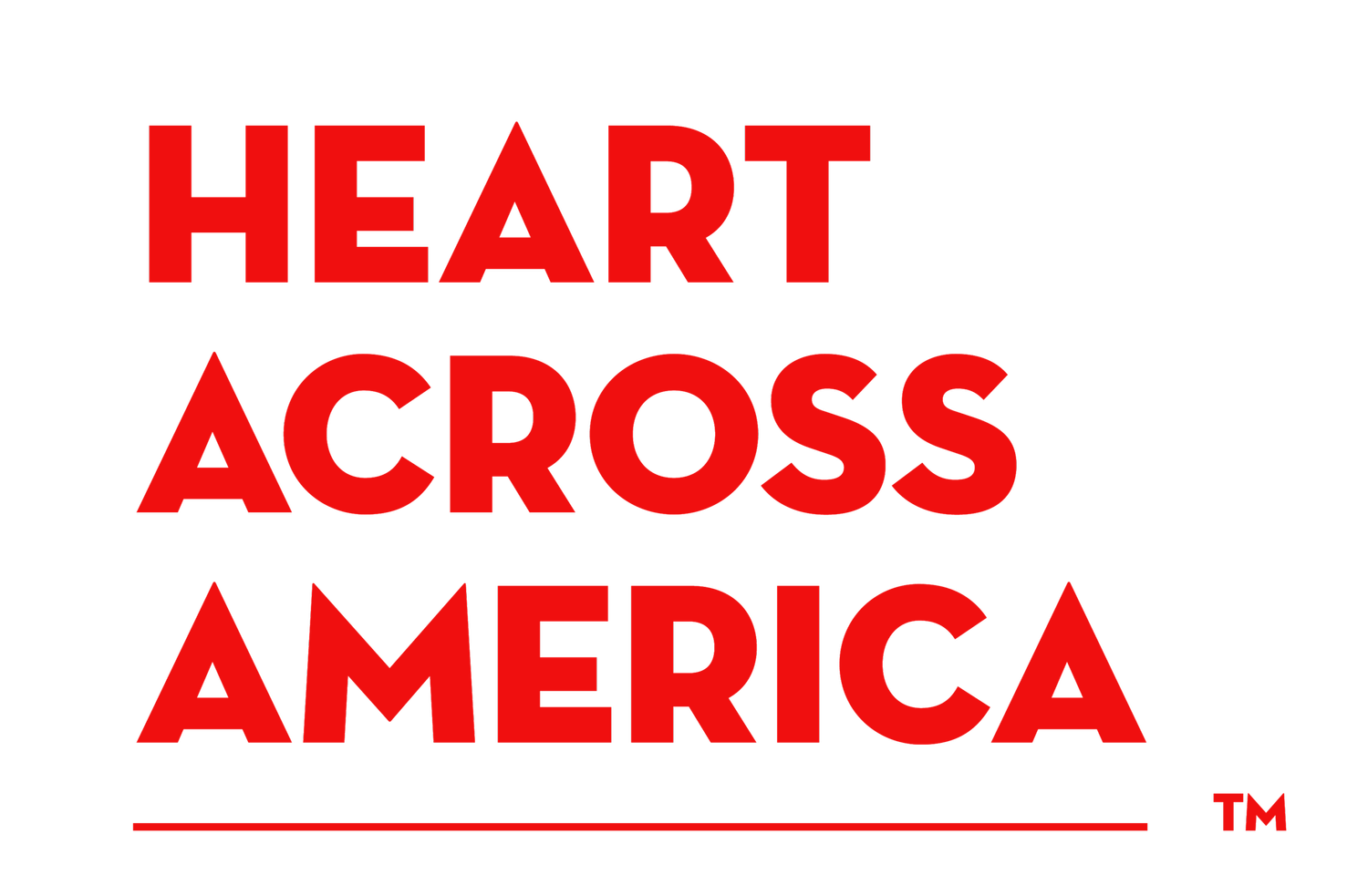Thousands of people ride across the USA each year. Its a big deal, a life changing adventure, and incredibly challenging no matter who you are. But for the survivor of a recent stroke which robbed you of your right side body movement and speech - how can it be at all possible?
If you’re reading this blog you know that it is. Though a crash after leaving San Diego ended his participation on the ride, Sean was trained and ready. His training included the best help, support, advice and coaching possible. One of his advisors, former Olympic cyclist George Mount shares what it was like to be part of “Team Sean” preparation.
How and when did you decide to become an advisor for this endeavor?
I was invited in by David Fisch who is leading the ride -- he asked me to speak with Sean, go on some rides with him, and evaluate his riding skills. David had already worked up a good fitness program; so we wanted to focus on all of the other skills needed to ride.
What were issues or concern from working with a stroke survivor?
Once you meet Sean you know very little will stop him, but we did find out some interesting things about his recovery. For one, it’s not over, he is still recovering and rebuilding. For example, he has trouble with not feeling thirst which is an incredibly important thing to be aware of in sport where you spend hours on the bike in all kinds of weather.
What issues/advantage did Sean have as he began this focus to become cycle ready?
Before his stroke, Sean was a very serious rower, used to shorter duration events, using but a single “gear”. As he began cycle training, this would lead him to go very hard to a point of exhaustion too early on a ride. Fortunately Sean is a born athlete, very methodical and learns quickly. Spending my life around world class athletes has prepared me for dealing with type A personalities and I could see how Sean needed to do things.
Despite the accident that sidelined him on this tour, I have no doubt he’ll be back in the saddle as soon as the doctors let him so he’ll be ready to go for next year.
How would you advise a newcomer to cycling to approach it for maximum satisfaction?
For anyone starting on a bike, the first thing to do is go and do some organized rides with some local touring clubs. You can usually find groups in the larger clubs that match your skill level and move up through the groups as your skill increases.
Cycling skills take time to become 2nd nature, it doesn’t happen overnight. A good local bike shop can steer you in the right direction to a club and if they can’t you are in the wrong shop. No need to hurry to ride with the local hammerhead rides and racer boys. Make sure you train safely and appropriately for your experience level.
What do you hope will be the result of the Heart Across America campaign?
This campaign touches everyone I know. My first coach had a stroke around the time the ride started and former pro riders I knew in Europe, younger than I, have passed away from strokes recently. The riders looked fit so they were ignored by the medical establishment.
I’d like to see this campaign get doctors to stop using devices invented in the early 1800s to diagnose issues when they can use modern technology to more accurately find issues before they become killers.

